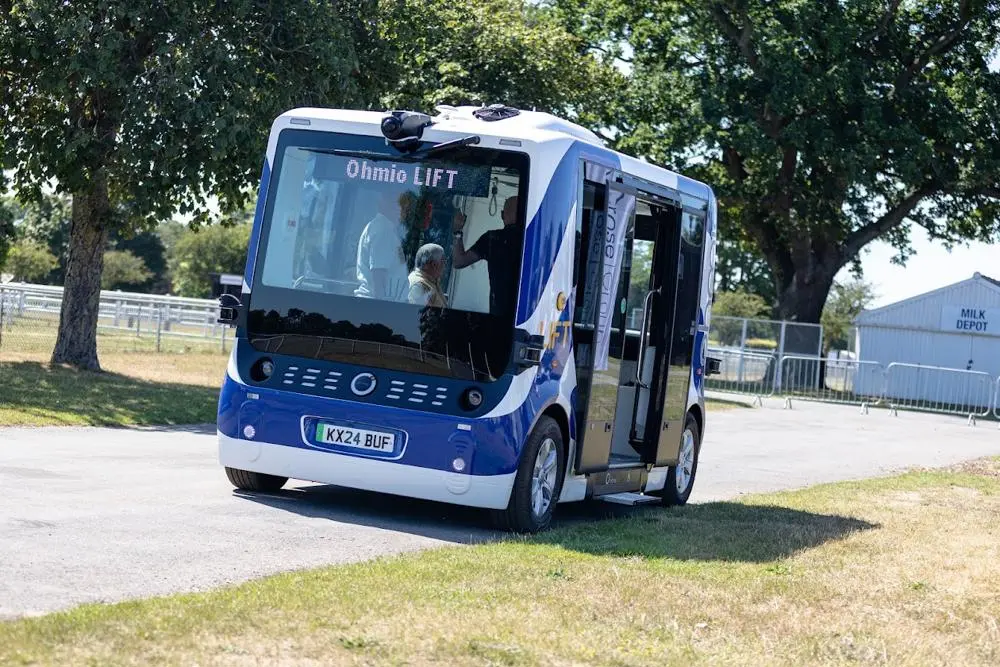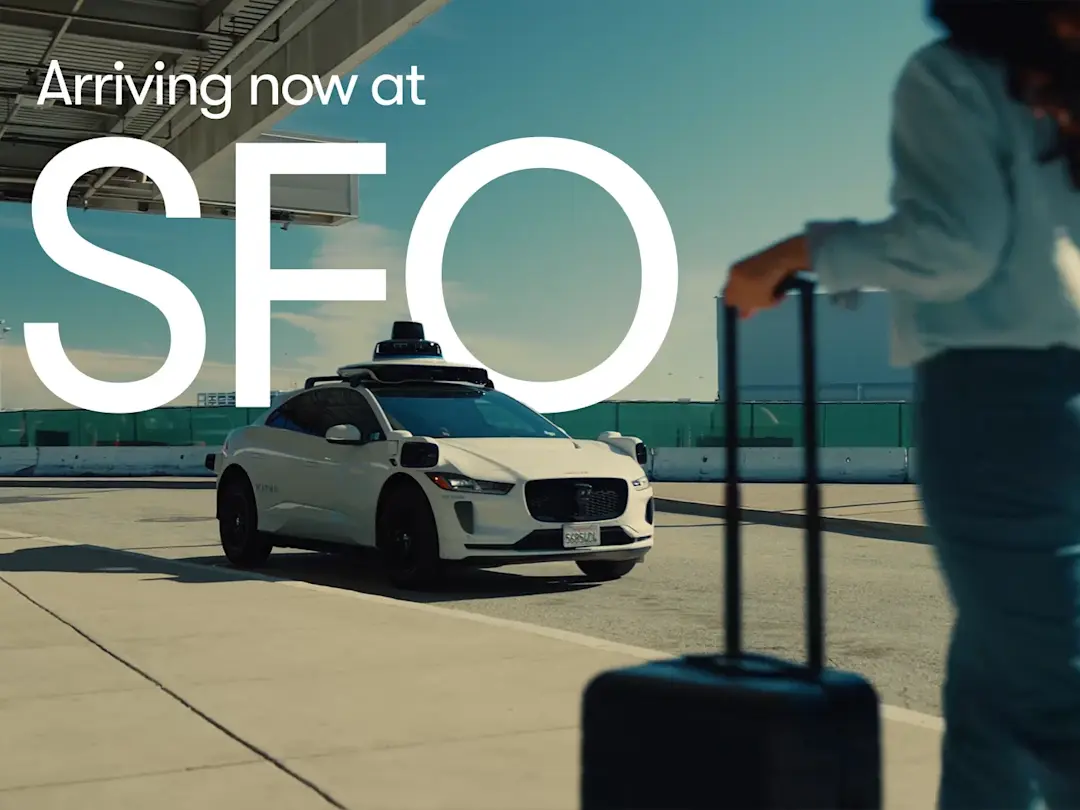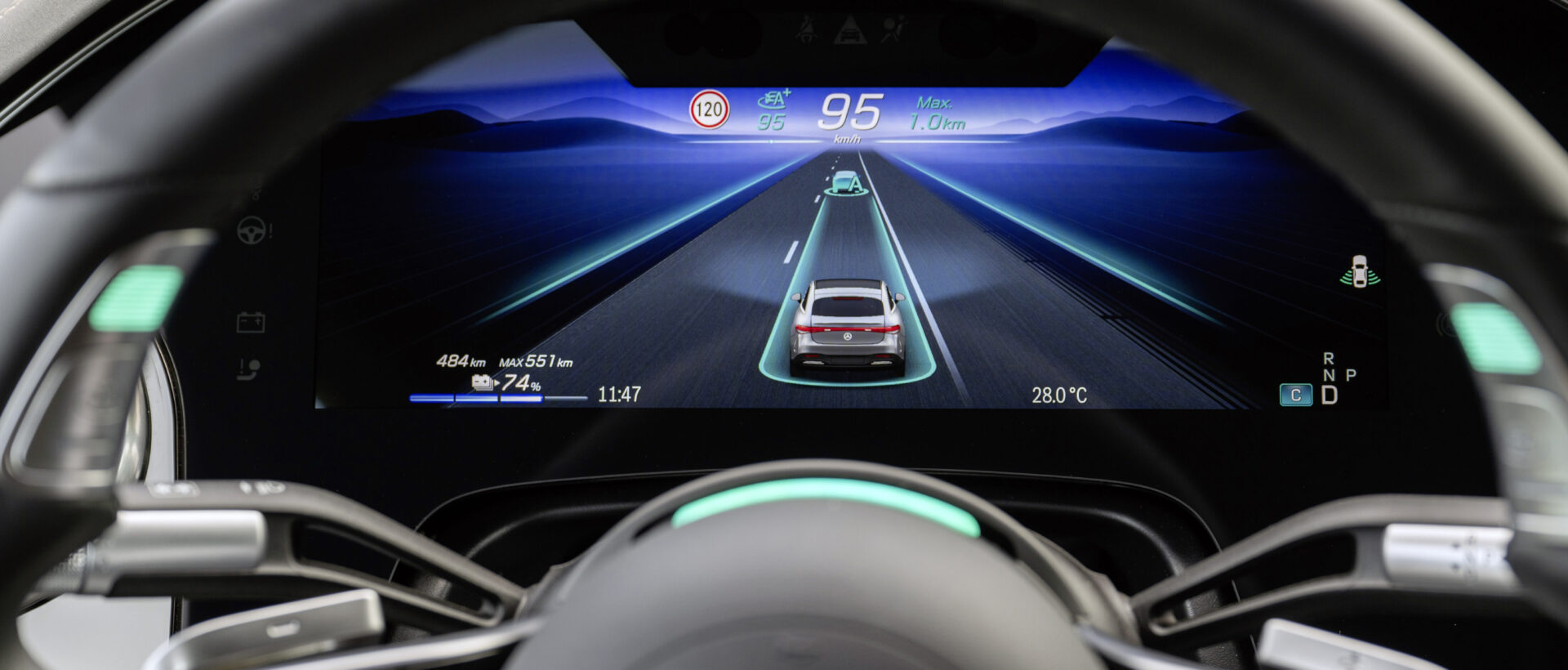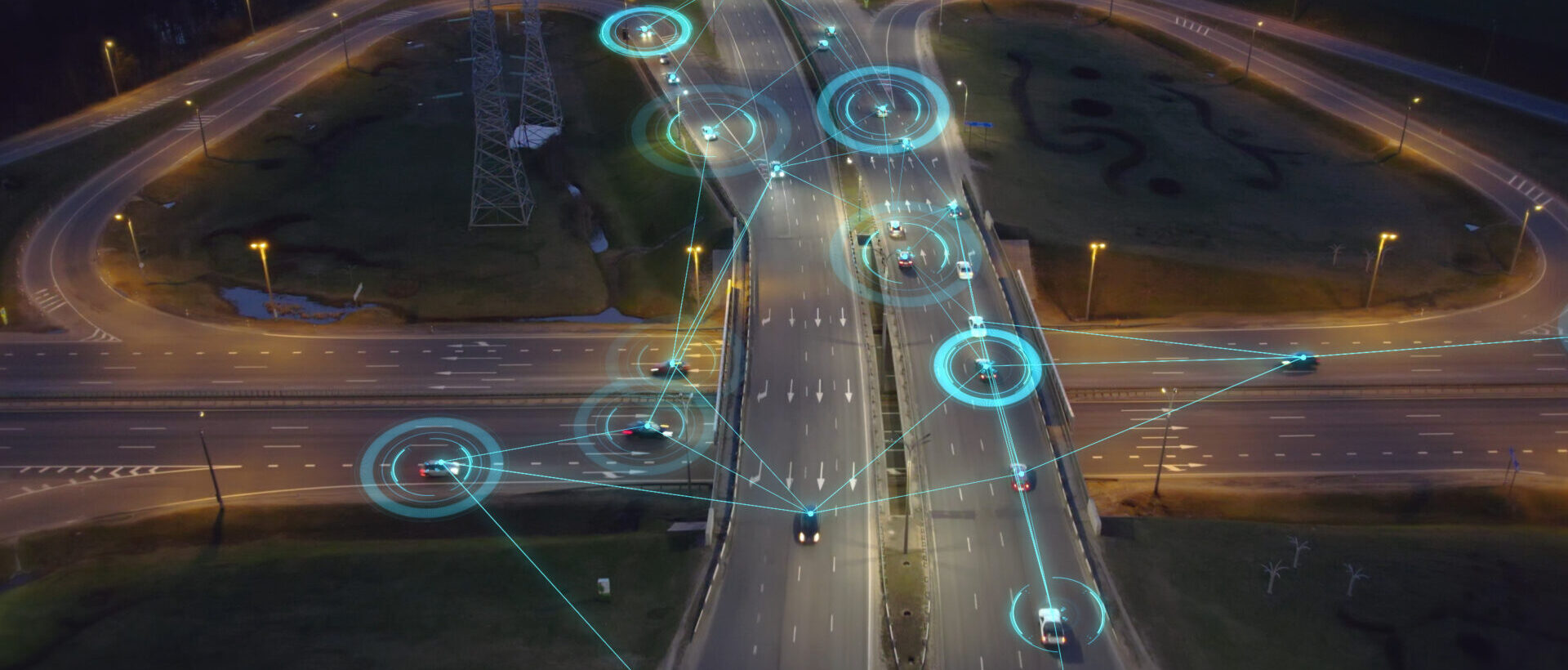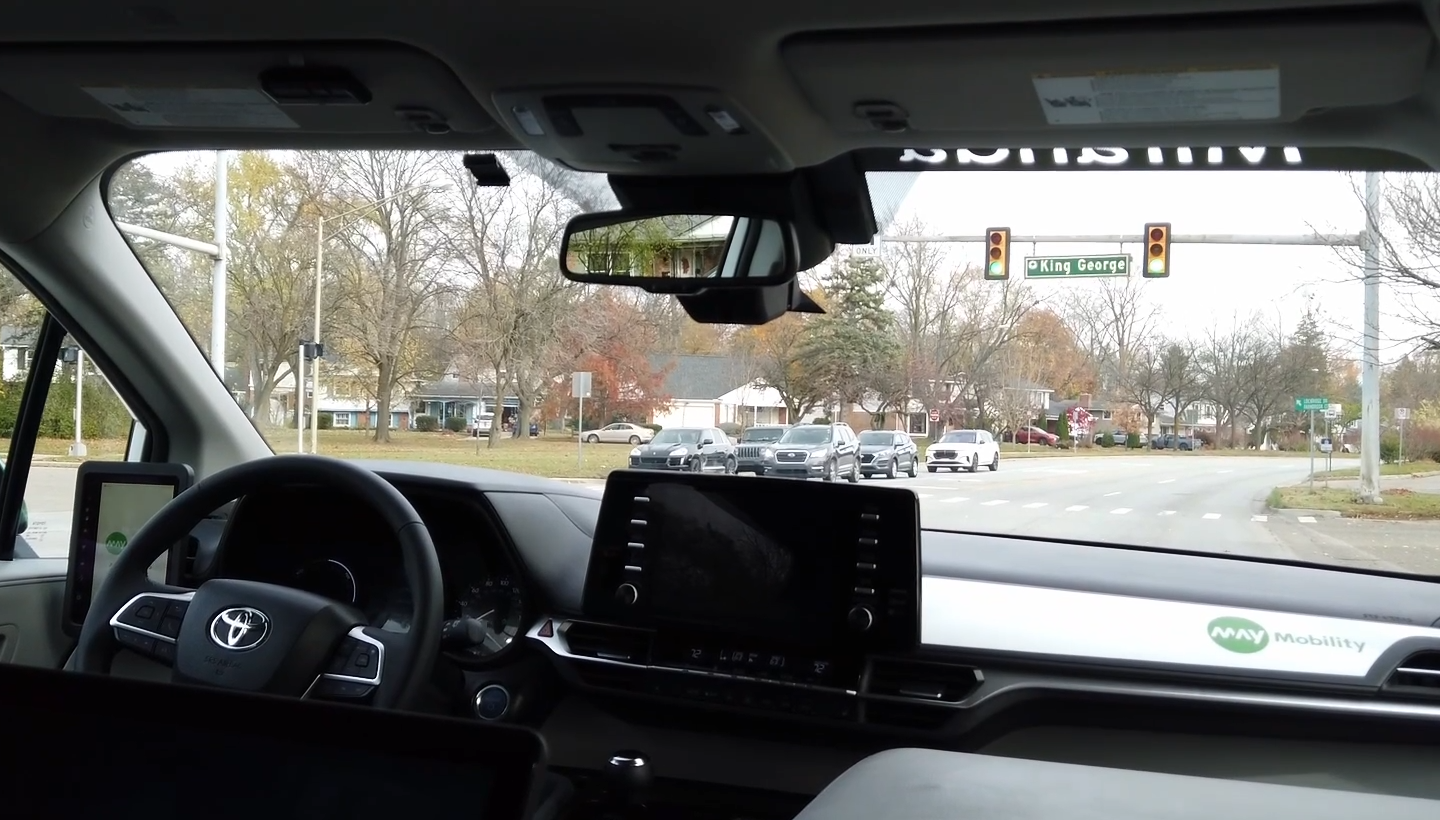In its latest study with reinsurance company, Swiss Re, Waymo compared the safety of its autonomous vehicles to human drivers.
The study analyses liability claims related to collisions from 25.3 million miles driven autonomously by Waymo vehicles.
The findings indicate that Waymo’s autonomous driving system outperforms both the overall driving population and advanced human-driven vehicles equipped with the latest driver assistance technologies.
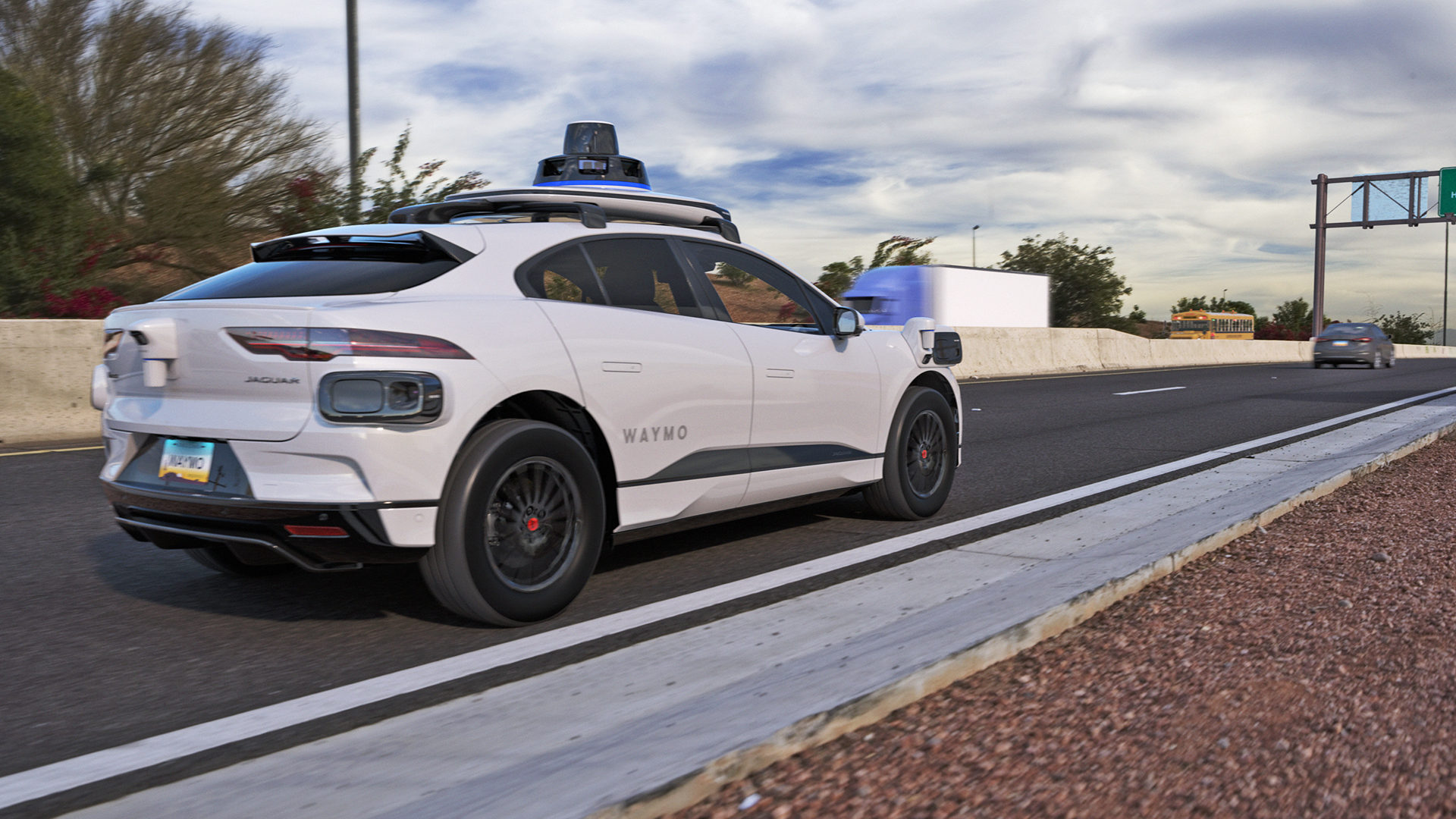
This recent study compared Waymo’s auto liability claims with human driver baselines derived from Swiss Re’s data. This dataset includes over 500,000 claims and represents more than 200 billion miles driven by human-operated vehicles.
Key findings include:
Reduction in Claims: Waymo vehicles demonstrated an 88% reduction in property damage claims and a 92% reduction in bodily injury claims compared to human drivers.
Over 25.3 million miles, Waymo reported nine property damage claims and two bodily injury claims. In comparison, human drivers across the same distance would have been expected to report 78 property damage claims and 26 bodily injury claims.
Performance Against Advanced Driver Assistance Systems (ADAS): When compared to newer human-driven vehicles (2018-2021 models) equipped with ADAS features such as automated emergency braking and lane-keeping assistance, Waymo vehicles still showed significant safety advantages, with an 86% reduction in property damage claims and a 90% reduction in bodily injury claims.
The study thus highlights the potential of autonomous vehicles (AVs) to improve road safety.
Mauricio Peña, Chief Safety Officer at Waymo said:Auto insurance claims data, traditionally used to assess human driver liability and risk, is a powerful tool in evaluating the safety performance of autonomous vehicles. This is a truly groundbreaking study that not only validates the Waymo Driver’s strong safety record, but also provides a scalable framework for ongoing assessment of the impact autonomous vehicles make on road safety.
The study’s results align with Waymo’s broader safety data, which shows that autonomous vehicles experienced fewer serious collisions than human-driven vehicles, independent of fault. Notably, Waymo vehicles were found not to be responsible for the majority of collisions they were involved in.
Waymo has submitted the study to a scientific journal, with a pre-print version available for further review.



